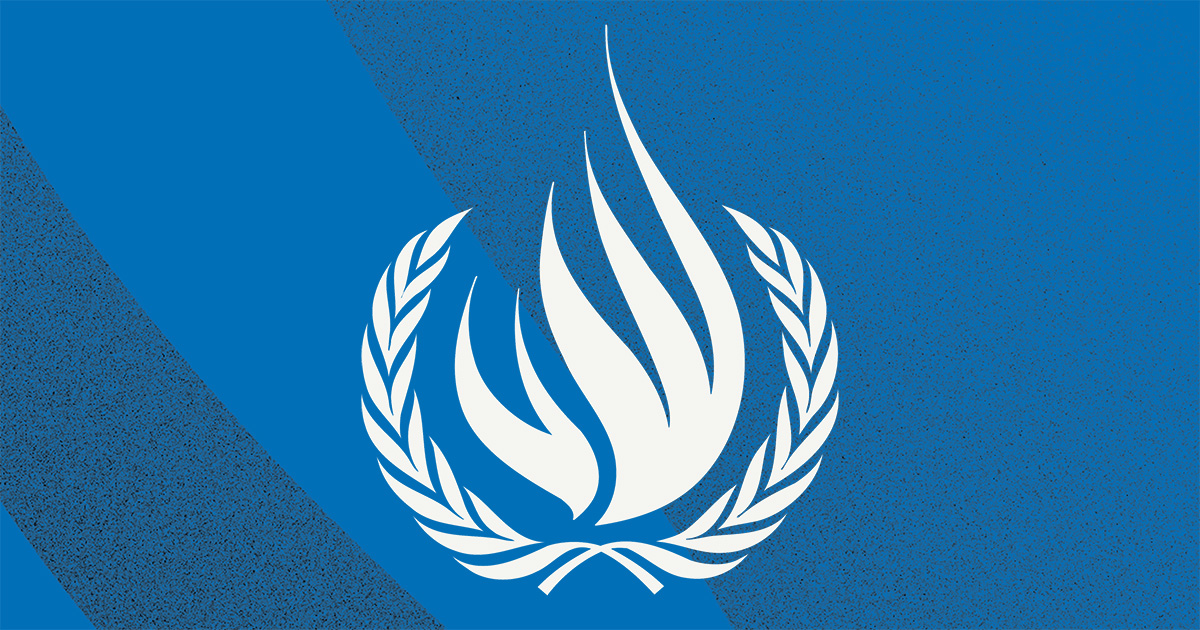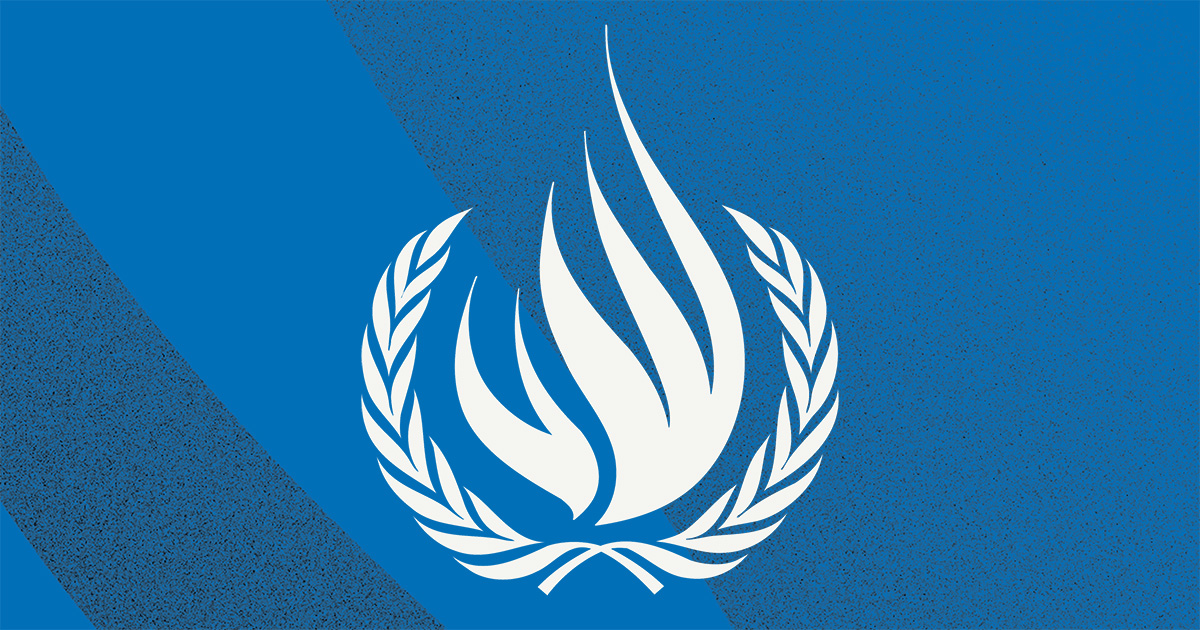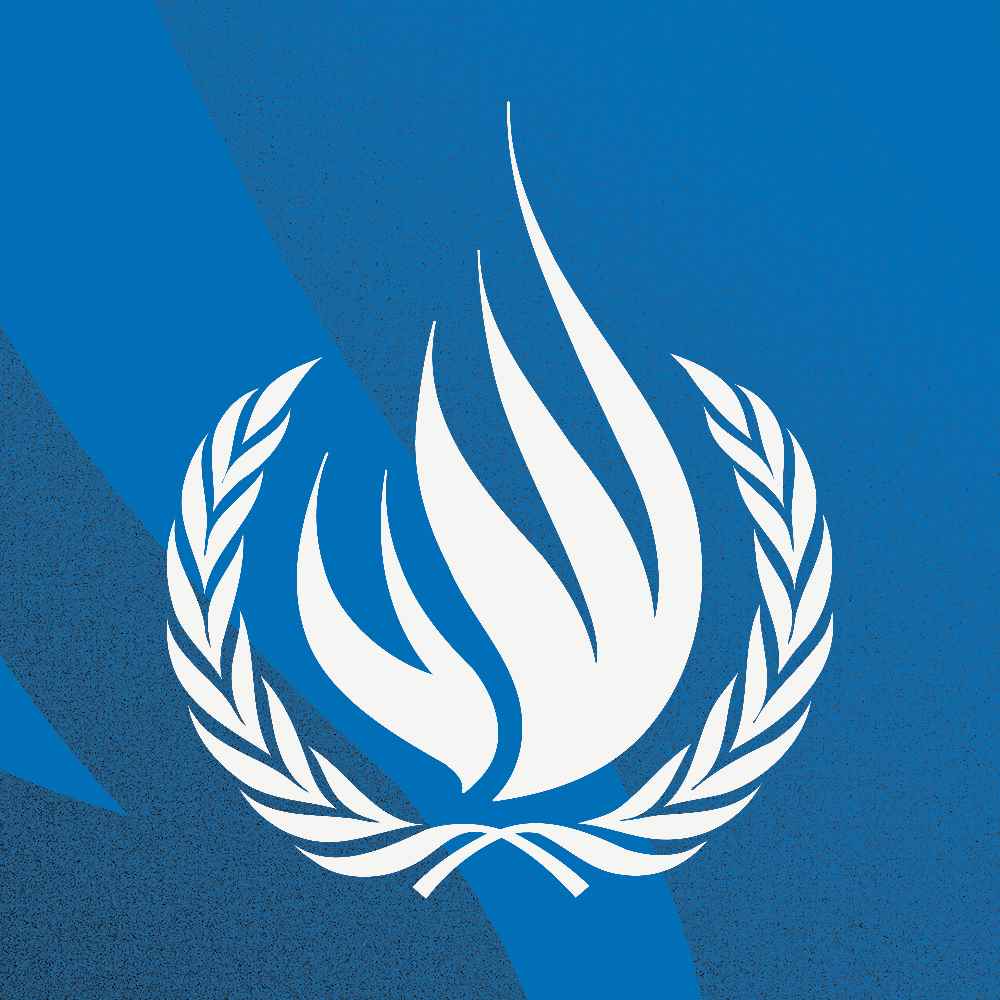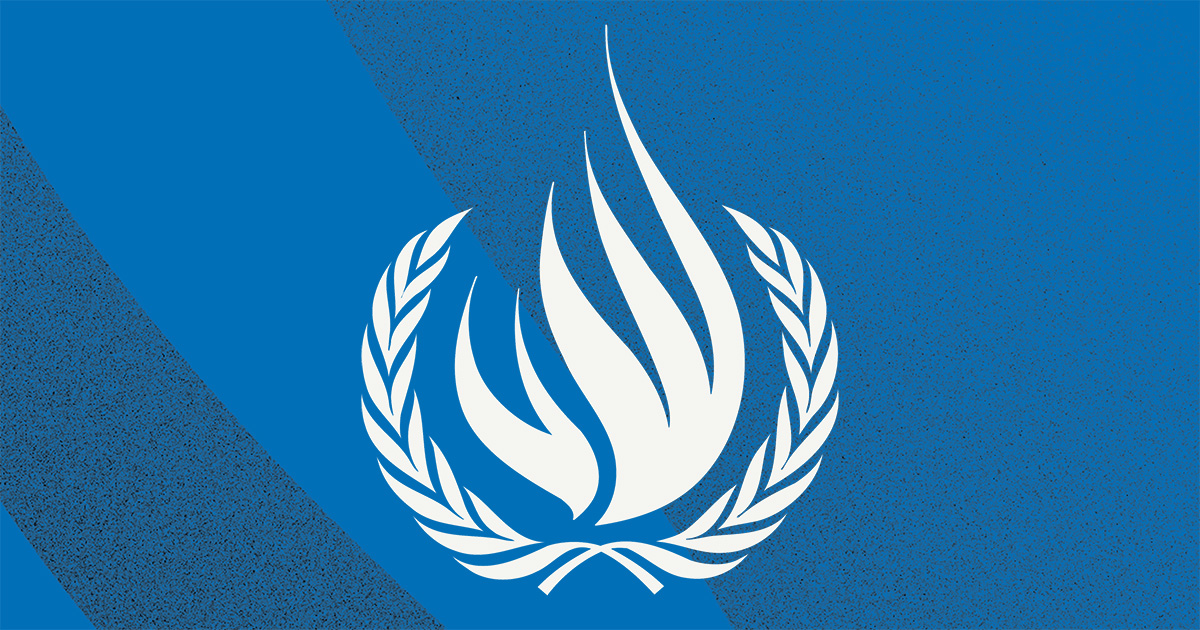
BUDAPEST (17 October 2024) – A UN expert said today that the broad enjoyment of the freedom to have, adopt and change religion or belief and associate freely on that basis in Hungary should be applauded but urged further reforms to ensure that all religious communities can operate without discrimination because of religion or belief.
“Although it was suggested that the preferential funding regimes to religion or belief organisations serve to partially remedy historical injustices, such an objective would call for a transparent and objective process,” the Special Rapporteur on freedom of religion or belief, Nazila Ghanea, said in a statement at the end of an 11-day visit to the country.
She said that one of her main tasks had been to assess the implications of the 2011 Church Law, which marked a major shift in the country’s previous legal approach to religion or belief organisations. This law had stripped the legal status from almost 350 religion or belief groups, significantly reducing the number of those officially recognised and greatly limiting their legal rights.
“The Church Law was amended in 2018 in response to both domestic and international criticism, and the new four-tiered system was introduced, but these amendments fell short of addressing the broader concerns about discrimination,” Ghanea said.
“I also found that although there is a sphere of protection in relation to a general physical security and integrity, hate speech, both in social and traditional media, is prevalent in Hungarian society,” Ghanea said. “This stretched from hate speech attacking Roma, LGBTIQ+, the unemployed and the poor, asylum seekers and refugees, and a range of religion and belief minorities,” she said.
The Special Rapporteur held meetings with Government officials and agencies in Budapest. She also met with members of Parliament, the Supreme Court (Curia), the Constitutional Court, prosecutors, police authorities, civil society organisations, representatives of religion or belief communities and faith-based actors as well as academics and writers. In Debrecen, she also met with local government representatives and representatives of religion or belief communities.
“In my report, I will elaborate on important areas such as the education sector, health sector, and other social services,” Ghanea said. “I will also pay attention to enabling freedom of religion and of belief in wider society as well as in institutional settings, such as in relation to worship, diet, access to religious guidance or chaplaincy in detention,” she said.
The expert will present a full report on her visit to the Human Rights Council in Geneva in March 2025.
The expert: Dr. Nazila Ghanea of the Islamic Republic of Iran is the Special Rapporteur on freedom of religion or belief. She took up the mandate on 1 August 2022.
The Special Rapporteurs are part of what is known as the Special Procedures of the Human Rights Council. Special Procedures, the largest body of independent experts in the UN Human Rights system, is the general name of the Council"s independent fact-finding and monitoring mechanisms that address either specific country situations or thematic issues in all parts of the world. Special Procedures experts work on a voluntary basis; they are not UN staff and do not receive a salary for their work. They are independent from any government or organisation and serve in their individual capacity.
UN Human Rights, Country Page – Hungary
For more information and press inquiries, please write to hrc-sr-freedomofreligion@un.org.
For media inquiries related to other UN independent experts, please contact Dharisha Indraguptha (dharisha.indraguptha@un.org) or John Newland (john.newland@un.org).
Follow news related to the UN’s independent human rights experts on X: @UN_SPExperts.










